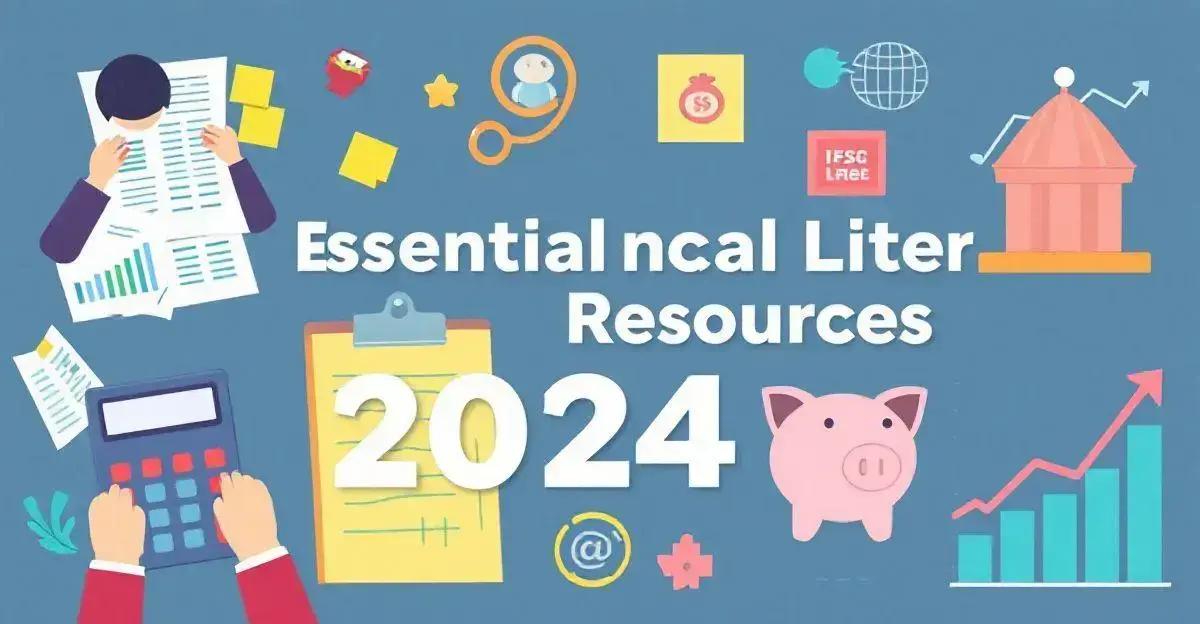Are you a small business owner struggling to secure the funding your company needs to grow? You’re not alone. In fact, according to a recent survey, 60% of small businesses face funding challenges.
But what if you knew the secrets to getting the funding you need? In this article, we’ll dive into the world of small business funding, exploring the options available, key considerations, and post-funding strategies to help your business thrive.
Securing Funding for Your Small Business
Securing funding for your small business requires a strategic approach. One effective way to do this is by leveraging the power of crowdfunding. Platforms like Kickstarter and Indiegogo have enabled small businesses to raise capital from a large number of people, typically in exchange for rewards or equity.
Another option is to apply for a small business loan from a bank or alternative lender. Before choosing a funding option, it’s essential to review the terms and conditions, including the interest rate, repayment terms, and any collateral required.
By carefully considering these factors, you can secure the funding your business needs to grow and thrive.
Understanding Your Funding Options

When it comes to small business funding, it’s essential to understand the different options available. This includes traditional funding sources like banks, credit unions, and venture capital firms, as well as alternative lenders and crowdfunding platforms.
Each option has its own pros and cons, and it’s crucial to carefully evaluate the terms and conditions before making a decision.
By understanding your funding options, you can make an informed choice that best suits your business needs and goals.
Key Considerations for Small Business Funding
When securing funding for your small business, there are several key considerations to keep in mind.
First and foremost, it’s essential to have a solid business plan in place. This will help you demonstrate your business’s potential for growth and profitability to lenders or investors.
Additionally, you’ll want to carefully review the terms and conditions of any funding agreement, including the interest rate, repayment terms, and any collateral required.
It’s also important to consider the potential risks and challenges associated with each funding option, and to have a clear plan for how you’ll use the funds to drive growth and success.
Preparing Your Business for Funding

Before applying for funding, it’s essential to prepare your business by getting your financial house in order. This includes creating a comprehensive budget, tracking your cash flow, and building a strong credit score.
Additionally, you should have a clear plan for how you’ll use the funds, including specific goals and timelines for growth and expansion. By preparing your business for funding, you’ll be able to demonstrate your financial stability and potential for success to lenders or investors, increasing your chances of securing the funding you need to drive growth and success.
Applying for Small Business Funding
When applying for small business funding, it’s essential to have a solid application package prepared. This should include a comprehensive business plan, financial statements, and a clear explanation of how you plan to use the funds.
Additionally, be prepared to provide collateral and a personal guarantee, as well as a detailed plan for repaying the loan.
By having all of your ducks in a row, you’ll be able to demonstrate your credibility and potential for success to lenders or investors, increasing your chances of securing the funding you need to drive growth and success.
Post-Funding Strategies for Success

After securing funding for your small business, it’s essential to have a clear plan in place for how you’ll use the funds to drive growth and success. This includes prioritizing your spending, managing your cash flow, and regularly reviewing and adjusting your financial strategy.
Additionally, consider implementing key performance indicators (KPIs) to track your progress and make data-driven decisions. By having a solid plan in place, you’ll be able to maximize the impact of your funding and set your business up for long-term success.
FAQ – Frequently Asked Questions about Artificial Intelligence for Small Businesses
How can automation of tasks benefit my small business?
Automation of tasks frees up your team from repetitive tasks, increasing productivity and allowing them to focus on strategic tasks.
What tools can I use for data analysis?
There are various tools available, such as Google Analytics, Tableau, and Microsoft Power BI, that help collect and interpret valuable data.
What are chatbots and how do they improve customer service?
Chatbots are virtual assistants that can answer questions and resolve problems at any time, improving customer experience and freeing up your team.
How can I personalize the customer experience?
Through data analysis, you can better understand customer preferences and offer personalized recommendations and promotions.
Why is customer feedback important?
Feedback is essential to identify areas that need improvement and adjust your service strategy, ensuring customer satisfaction.
Is artificial intelligence accessible to small businesses?
Yes, there are various AI solutions that are accessible and scalable for small businesses to improve efficiency and service.



